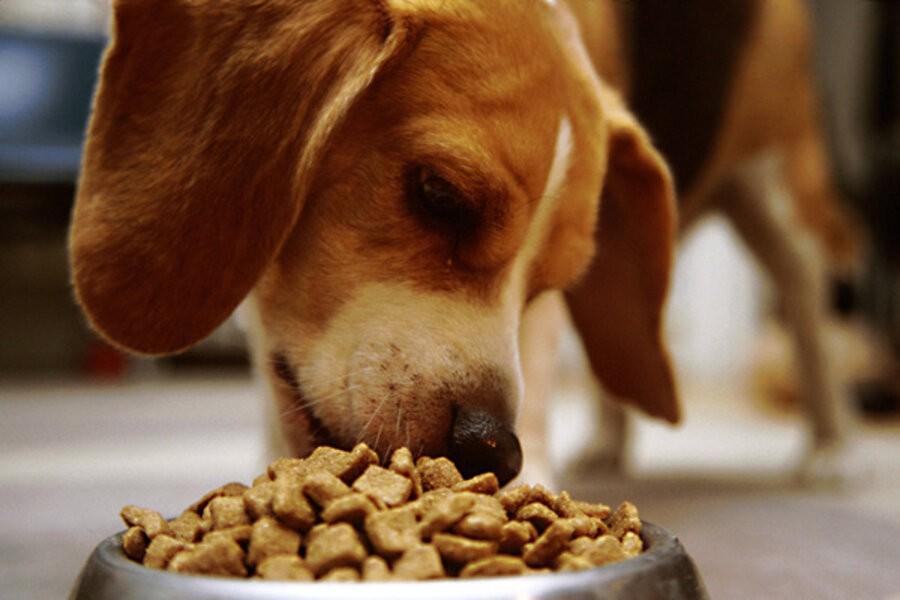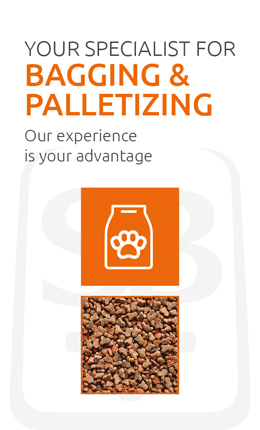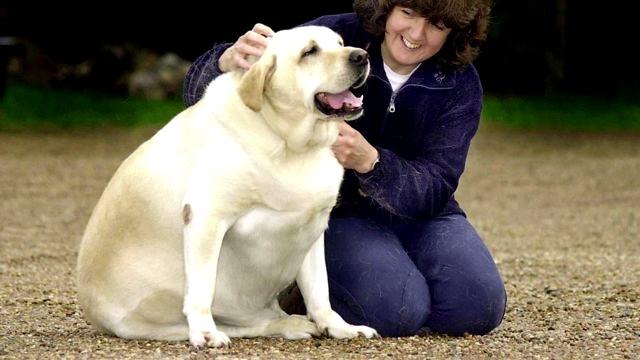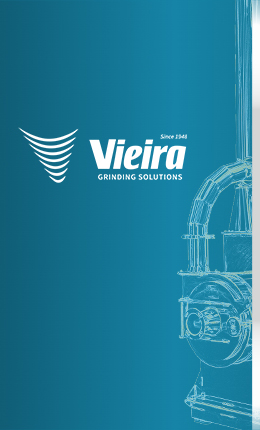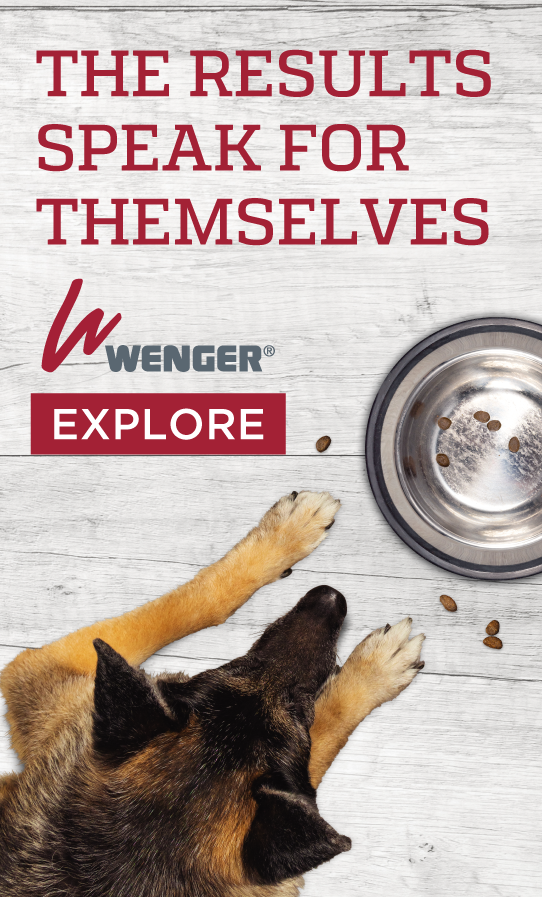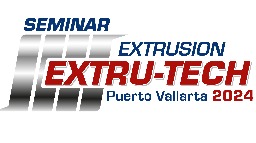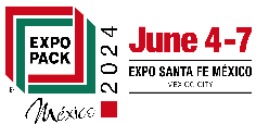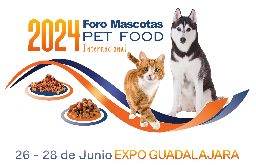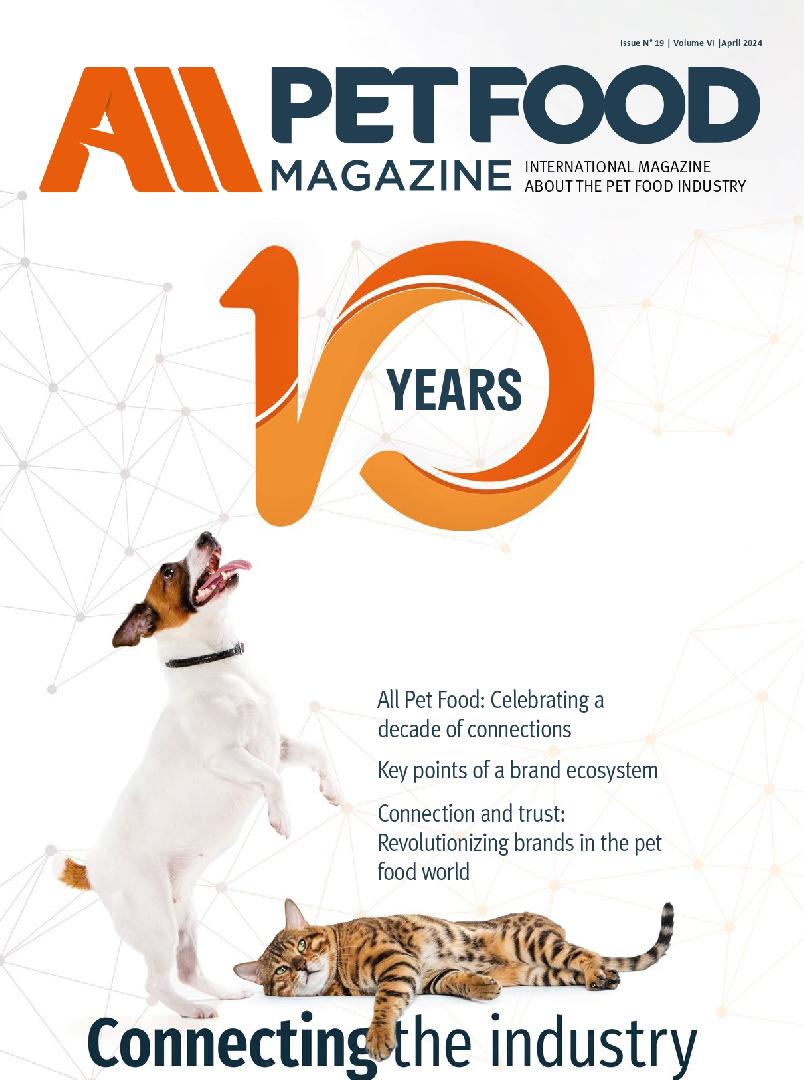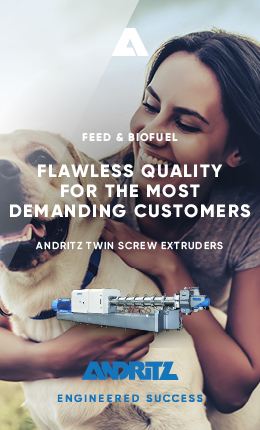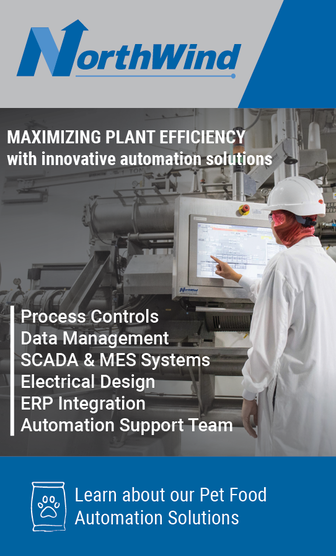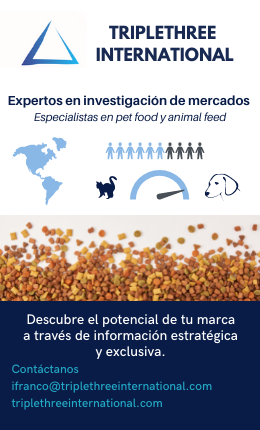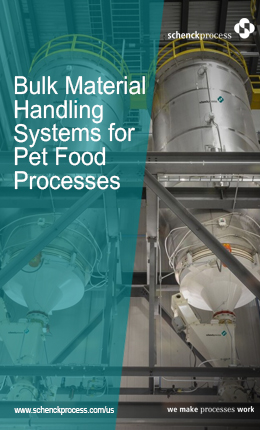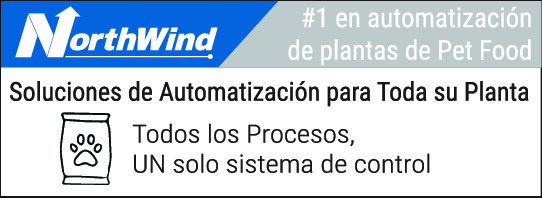A new analysis suggests that most U.S. dog owners are unaware of -- and do not follow -- guidelines on safe pet food and dish handling from the Food and Drug Administration (FDA), but that better education and implementation of the guidelines could reduce contamination. Dr. Emily Luisana of North Carolina State University in Raleigh and colleagues present these findings in the open-access journal PLOS ONE on April 6, 2022.
Pet food and dish handling involves potential health risks for both dogs and people, especially those with compromised immune systems. Multiple outbreaks of bacterial illness among dogs and humans have occurred as a result of contaminated dog food. The FDA has issued guidelines on protocols for safe pet food and dish handling, available online, but the information is limited, and the effects of the recommendations have been unclear.
To help clarify, Dr. Luisana and colleagues surveyed 417 dog owners. They found that less than 5 percent were aware of the guidelines, and many owners did not follow many of the recommendations. For instance, only one third reported washing their hands after feeding, and only two thirds reported preparing dog food on separate surfaces from those used for human food. The latter fact is of potential public health importance, but is not addressed in the FDA recommendations.
{{editor}}
To better understand the effects of the FDA recommendations, the researchers tested 68 household dog food dishes for bacterial contamination. After initial testing, they divided the owners into three groups with different instructions for implementing food handling guidelines, then tested the dishes again after 1 week. They found significantly reduced contamination of dishes from owners who instituted the FDA's pet food handling guidelines, either alone or in combination with the FDA's human food handling protocol, versus dishes from owners who were not asked to implement either protocol.
The researchers note that their study was small and that future research could clarify optimal hygiene strategies and ways to communicate them.
Nonetheless, on the basis of their findings, the researchers outline suggestions to reduce contamination in pet food dishes for owners, veterinarians, pet food sellers and manufacturers. These include ensuring household members who feed pets adhere to FDA guidelines and including written information on guidelines with pet food sales.
The authors add: "Most pet owners are unaware that pet food bowls can be a hidden source of bacteria in the household. Knowing how to mitigate this risk and practice proper pet food storage and hygiene may make for a happier, healthier household."
by Journal PLOS ONE.
You could be interested: Worth begging for











